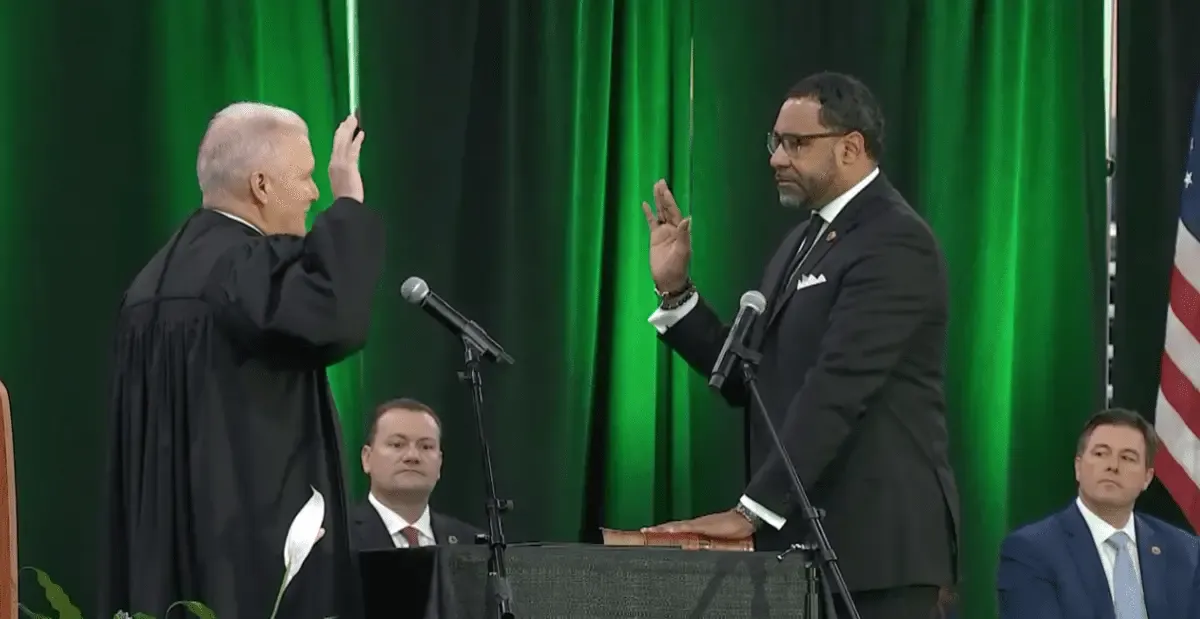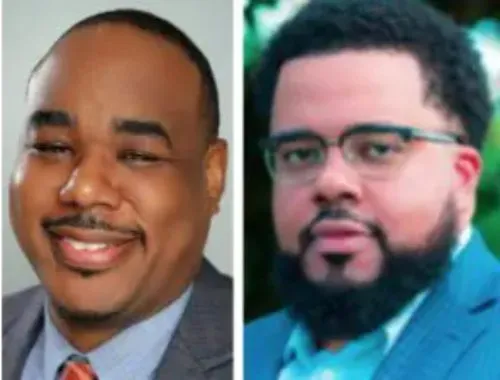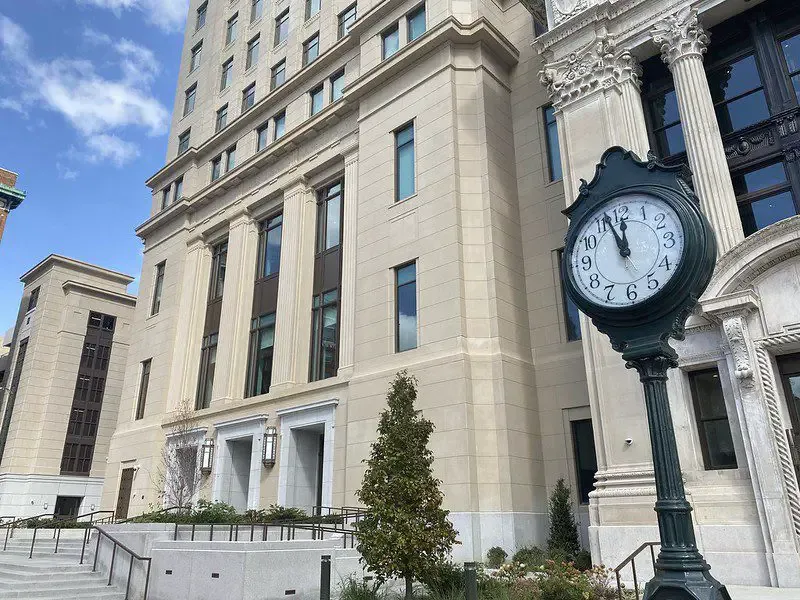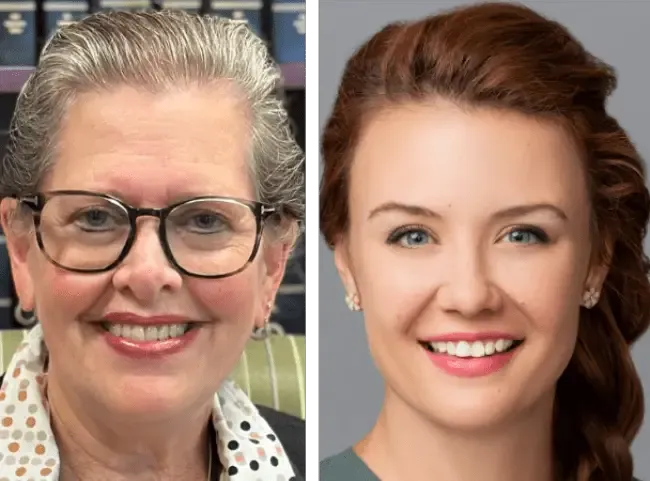Election 2023 — Top News — Education — Fairfield District — Terrell Pollard — Keith hicks — Tommie Jefferson — Ryan Young — Crystal Varner Parker — Fairfield District School Board seat
ELECTION 2023: Fairfield’s school board candidates discuss COVID learning loss, Henrico’s inequalities, and more





